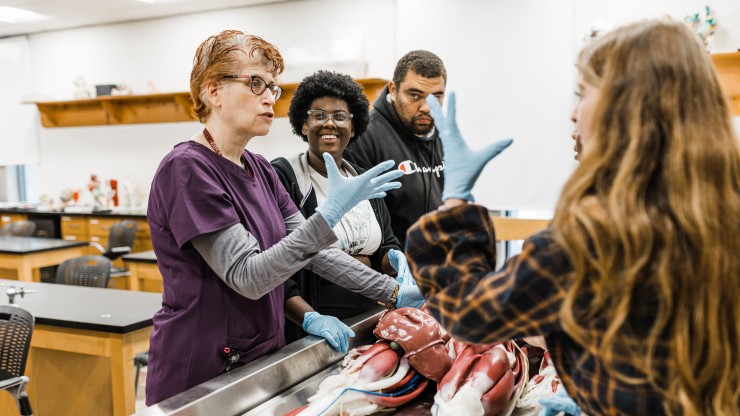Massachusetts Pre-Physician Assistant Program: Your First Step in Healthcare

High schoolers who want to jump into the exciting world of healthcare have plenty of options. They can choose to get a degree in physical therapy, work as a nurse at any one of several levels, or even decide to work on the administrative side of things as a transcriptionist or medical receptionist. However, there’s an option that’s often overlooked: working as a physician’s assistant. People in this position work hand in hand with physicians, sometimes even taking their place if the care needed is simple enough.
Intrigued? Wondering what you need to do in order to work as a physician assistant? Here’s a quick description of the process.
What do Physician’s Assistants Do?
If you want to work with patients without having to spend around a decade in medical school, then working as a physician’s assistant is a great option. These employees work directly with doctors and handle patient care, some of it on their own, depending on the doctor’s instructions. While nurses handle multiple patients at once, often an entire floor full of people who need medications, treatments, and other things, a physician’s assistant usually only takes care of one patient at a time, the one that the doctor is currently consulting with or treating.
Of course, working in this position is a good springboard for medical school, should you decide to go that route. You’ll have plenty of experience with hands-on care, and the path to obtaining a physician assistant degree contains some similar classes at the undergraduate level.
How to Become a Physician’s Assistant: Get a Bachelor’s Degree
Obtaining the qualifications to get one of these jobs starts with a bachelor’s degree. You’ll need to either major in biology or chemistry (or a combination of the two) or get a degree from a pre-physician’s assistant program.
The program at ¶¶ÒõÆƽâ°æ includes classes in:
- Biology - Some of the many courses that are required by the program include those in microbiology, molecular biology, and a number of electives in the field.
- Chemistry - Courses like Chemistry at levels 1 and 2, as well as organic and biochemistry are on the list.
- Other Sciences - On top of biology and chemistry, aspiring physician’s assistants will take classes in general psychology, the history of sciences, and anatomy and physiology.
Head to Graduate School
On top of a bachelor’s degree, a master’s degree is required to work as a physician assistant. People looking to get into the field also need plenty of clinical experience, some of which they receive in laboratories as undergrads, although grad school provides plenty of opportunities as well. Additionally, after obtaining a master’s degree in the field, you’ll need to pass your exams in order to be licensed to work.
Start Your Career at ¶¶ÒõÆƽâ°æ
Are you ready to start your career as a physician’s assistant? If so, then consider attending ¶¶ÒõÆƽâ°æ. Our pre-physician assistant program consists of all of the classes that you’ll need in order to have a solid understanding of biology and chemistry. Plus, you’ll get a well-rounded liberal arts education on top of it. It’s a win-win and the first step toward a successful career in the healthcare industry. Ready to take the first step? , today!
